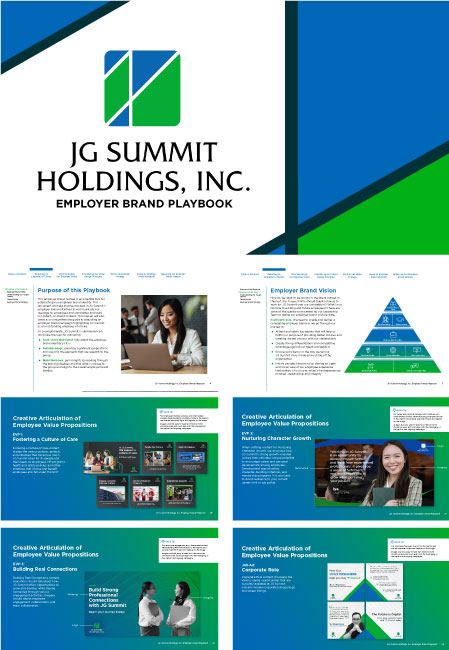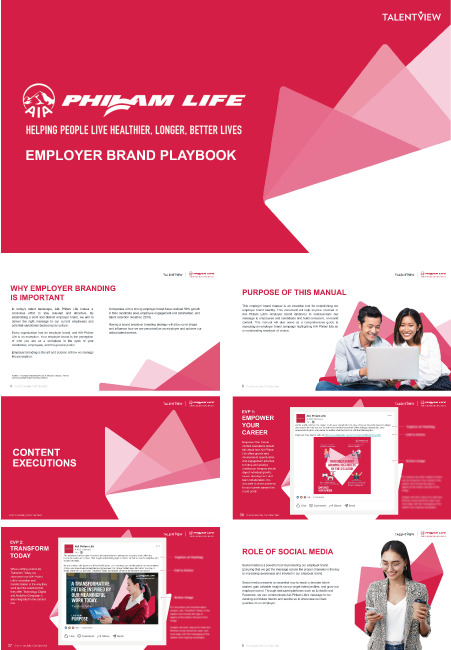The Challenge of Remote Work: How to Keep Teams Motivated
This pandemic has reshaped the way many businesses are operating. Although a lot of companies have succeeded at transitioning to a work from home (WFH) environment, there is another challenge that business leaders face: transitioning from office-based companies to WFH, simple as it may seem, it can affect employees’ work attitude.
While this transition of employee approach may be bumpy, it is important to recognise that working from home usually is less motivating than working from the office and working from home without a choice is likely to reduce motivation even further.
3 Negative Motivators for Reduced Performance
According to research done by Neel Doshi and Lindsay McGregor, there are three negative motivators that can lead to reduced work performance, which have likely increased during this pandemic. The first two motivators are emotional and economic pressure. These are likely increasing as people fear losing jobs and to get sick, worrying about safely getting groceries, and fear for other relatives through this pandemic, which can cause damage to an individual’s motivation. Lastly, the inertia or the ‘tendency of doing nothing’ can also increase since some people now may already be wondering about the point of even trying.
3 Positive Motivators for Increased Performance
Their research also identified three positive motivators that can increase employees’ performance.
The first one is play or the motive that boosts performance the most. However, this motive can decline when people are having difficulty accomplishing work at home. Missing the joy or ease at work, such as easily working together to solve a problem, can be tough for employees, especially for those who are more comfortable with interacting with their colleagues in an office set-up. The next one is the purpose. The decreasing visibility of their impact on clients or colleagues can also diminish their assumed purpose especially if no one is there to remind them. Accompaniment can be vital to check and balance in the workplace, ensuring that the employees are achieving their purpose. Lastly, Doshi and McGregor cited potential as the third positive motivator. This factor can decline if people have no access to colleagues or key stakeholders who can teach and develop their potential.
4 Tips to Motivate a Remote Work Team
These are the major factors that employees should consider most especially in these trying times. But is it really possible to motivate a remote team in this kind of situation? Here are some tips:

Understand employees’ work preferences.
Giving team members a little boost can be a great help. Knowing the things in their job that they prefer the most and the least; weigh them in more efficiently. Having some workarounds in task designations could also be productive, as it gives dynamics to the workflow. The team leader can minimise tasks that employees find less engaging and give them more tasks which they find fascinating or more fun to do.

Continue the learning experience.
If one of the employees does not find a certain task engaging, it might be because of two reasons: the employee either feels they are incapable of doing the job or the job is not challenging enough for them. This is where learning comes. Turn the employees’ weaknesses into strengths, this would help them grow individually and remotely. Provide free learning sessions, online classes, or even just one-on-one coaching to maximise their potential and keep them fueled.

Make the work less tactical and be more creative.
Some tasks can be done in any other way. Get the employees’ insights on this and let them be part of the decision-making process. Ask them how they feel with the current system and create more efficient ways of accomplishing tasks at hand. In this way, they will feel more autonomous, accountable, and at the same time, giving them a sense of purpose in the team.

Be appreciative and recognise good work.
Since purpose and potential are two of the three positive motivators for employees, this can be easily done by becoming more appreciative towards team members. While meeting during video conferences, use the opportunity to express gratitude and enthusiasm, especially for those who are performing well. The phrases “Great job!” or “This is very nice. Awesome work!” might be very simple but can make someone’s day fulfilling.
This article first appeared on Talegent website:
https://talegent.co.nz/blog/the-challenge-of-remote-work-how-to-keep-teams-motivated/
TalentView is an official partner of Talegent in the APAC region.
TAKE THE TEST:
KNOW WHAT'S YOUR PERSONALITY AT WORK

Fill out the form below to take the free personality assessment powered by Talegent.
TalentView is a leading employer branding firm with a mission of elevating human capital standards across the ASEAN region. Working directly with business leaders in Fortune 1000 companies,TalentView’s solutions help create and maintain exceptional experiences to attract, engage and retain their talent. Partnering with key global players including Workplace from Meta, The Bot Platform, Talegent, Indeed, Glassdoor, and Hootsuite.
Uncover Your Brilliance with us!


















